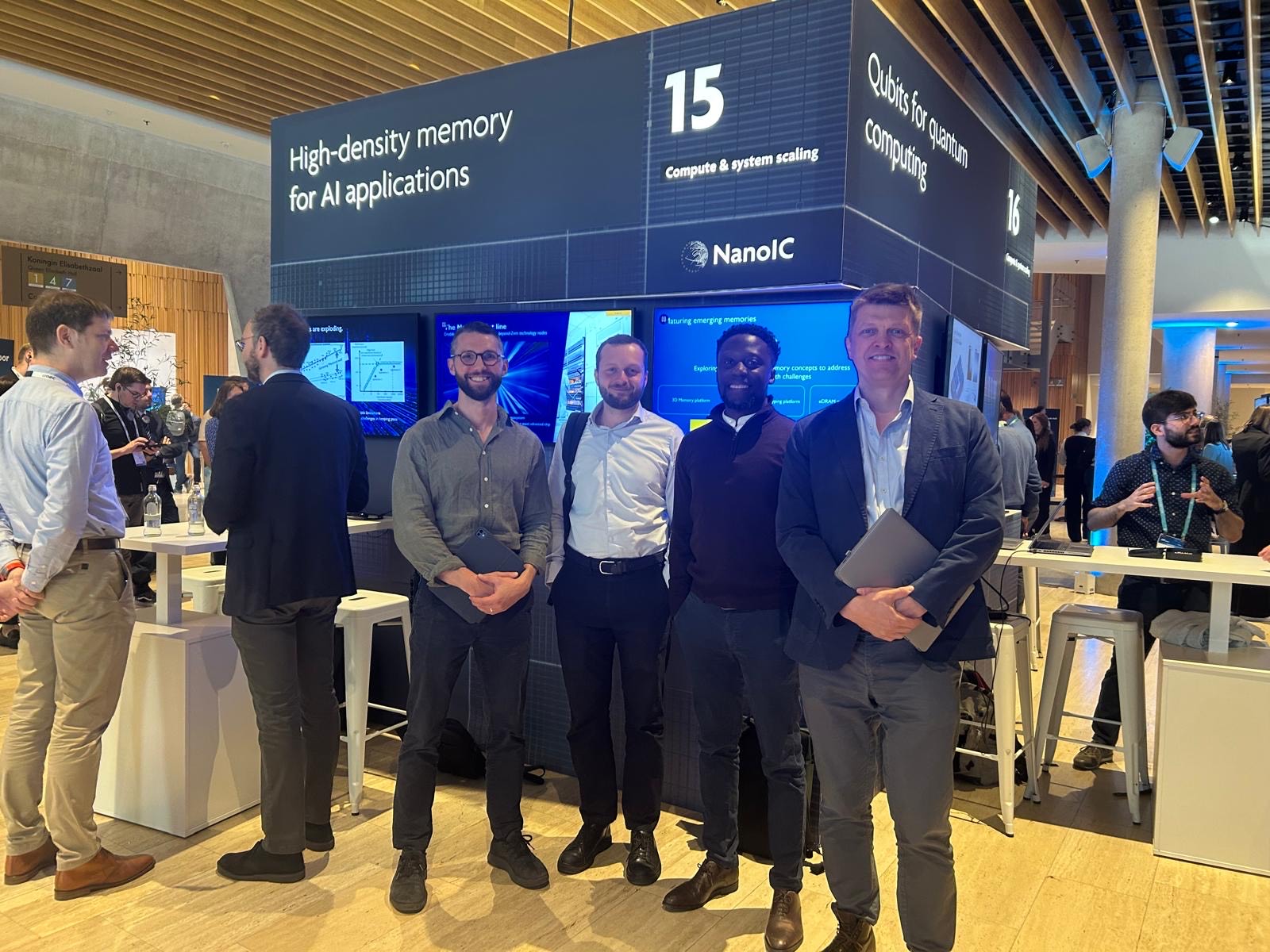Dear clients,
You may well have heard us mention the importance of ‘horizon scanning’ – keeping tabs on developments that could influence the next phase of investment. What is even more useful is getting a leg-up to actually see over the horizon. One unfailingly thought-provoking convention of tech R&D experts (we go every year) helps us do just that. What we have found is that today’s R&D debates tend to result in new products and services 6–10 years down the line.
But those 6-10 years of lead time could soon be a thing of the past. What we saw and heard at the convention this year points to AI massively reducing the time it takes to develop new products and services. R&D experts were in agreement: AI has moved beyond the ‘proof of concept’ phase and is reshaping products, research, industries and healthcare. Generative AI could become a core technology transforming how we live, work and innovate.
Microsoft, one of our portfolio holdings, is positioning itself to be the one-stop shop for multiple AI tools such as its Discovery platform, which accelerates scientific R&D.
With this rapid evolution comes a new set of challenges. AI systems demand immense computing power, which drives up energy consumption. Surprisingly, more energy is often used moving data than processing it, so one proposed solution is to use light to transmit data instead of today’s go-to of electrons flowing through copper.
At the conference Synopsys noted that “AI-assisted [semiconductor] design is the standard today”. It has some tough problems to crack. As we approach the physical limits of chip miniaturization, engineers are seeking solutions in stacking chips and designing custom chips that integrate software to reduce energy use. They are also investigating new materials that could make chips faster.
Applying AI to materials research has produced some startling gains. Microsoft and Pacific Northwest National Labs used AI to compress 30 years of battery research into a few months, evaluating over 32 million potentially useful inorganic compounds in under a week to develop a solid-state electrolyte that uses 70% less lithium. Alphabet’s DeepMind Alphafold is generating a treasure trove of data for both materials science and medical research. It has already established the structure of 1 million proteins; it took non-AI methods 50 years to map 150,000 proteins!
As one expert put it, “We’ll need more of everything – power, algorithms, and innovation – to keep up.”
Best wishes,
The Investment Team
Disclaimers
- Past performance should not be seen as an indication of future performance.
- The value of investments and the income from them may fluctuate and are not Guaranteed.
- Investors may not get back the whole amount they have invested.
- Changes in rates of exchange between currencies may cause the value of investments to diminish or to increase.
This is not a financial promotion. This is provided for information only.
